A few months ago, a neighbor died and his adult kids were having an estate sale. I got wind that a slew of his old records were being sold, so I dropped everything and hustled down the sidewalk straight to his collection. It was clear he was a fan of the classics — literally, every other thing was a classical piece I didn’t recognize. But in between the Chopins and the Tchaikovsky's were first pressings from the ‘60s of John Denver, Johnny Mathis, and the Chipmunk's Christmas for some reason. I walked away with Bing Crosby’s “White Christmas” and a Nat King Cole album, both in great condition.
The total cost was $2.
But quickly, I went morbid. I started thinking about my own death, and my growing vinyl collection. I only recently started buying vinyl, but it’s become addictive — and expensive. Most of my purchases aren't from estate sales or thrift stores, and new albums cost anywhere from $15 to $40 a pop. I’m embarrassed to say, hundreds of dollars have left my bank account every month since the new year to build my collection, and I was now having a tinge of buyer’s remorse.
I wondered: Will my kids be selling off my prized vinyl collection for $1 apiece one day in the future? Is my $40 semi-limited edition Father John Misty double LP going to someday cost the equivalent of a pack of gum or whatever future kids chew?
“It’s going to depend on whether Father John Misty has any fans 15 years from now,” says Carl Mello, the director of entertainment product merchandising at Newbury Comic in Boston. This store issues numerous exclusive releases each month, with limited pressings of older albums that feature special colored LPs and different artwork. I’d recently dropped $30 there on a copy of Paul Simon’s Graceland, limited to just 2,000, which I felt was a solid purchase that wouldn’t depreciate overnight. But now I'm not so sure.
“There’s lots of things that were collectible type releases from artists who were the bell of the ball 20 years ago, that aren’t worth anything now,” he said. “It’s a fluctuating market — and that’s what makes it interesting.”
That made sense but didn’t make me feel good about the wads of cash I’d dropped recently. He offered another example to drive the point home.
“R.E.M. used to be very big and collectible, and now you can’t give their records away to a 20-year-old,” Mello added.
That stung. I had recently bought the 25th-anniversary vinyl reissue of R.E.M.'s landmark Out of Time, and it looks like my ROI is less than nothing.
Confused, I approached another expert — Ben Blackwell, who co-founded Third Man Records with Jack White — with my concerns about the future monetary value of vinyl.
“To me, that seems dumb as s***,” he said bluntly. “You should think of resale value for a car or a house. But a record? If you’re getting into anything for any sort of monetary reasons, you should just be buying f***ing stocks.”
That made sense. Except it wasn’t what I was told way back when.
Growing up, I distinctly remember thinking that the pop culture items I bought could one day be worth a fortune. My father passed along this mentality, gifting me his baseball cards from the ‘50s: Mickey Mantle, Hank Aaron, Willie Mays. They weren’t in perfect condition, but they were heirlooms that, at the time, were worth several hundreds of dollars. (Nowadays, they could easily fetch several thousand bucks.) My childhood friends were jealous. I always had this cardboard nest egg if things got really tough.
It seems like everything is now collectible to someone. Original iPods — ones with click wheels that can’t stream any music — go for hundreds of dollars on eBay. A Japanese version of Indiana Jones and the Temple of Doom, on the long-defunct, Betamax tape, lists for $99. A Space Jam beach towel goes for $35.
No one really needs records today: You can access any album on your phone at any point in time, anywhere. But nobody needs any of the collectibles above either. So where does the leave me and my vinyl collection?
Clearly, I'm not the only person fascinated with vinyl. According to Forbes, vinyl sales are projected to reach $1 billion this year, with 40 million new pieces being sold. Collectors flock to subscription services like Vinyl Me, Please, which is like a Columbia House for vinyl nerds — except it isn’t cheap. For $75 every three months, you get an exclusive album delivered to your door monthly, plus some artwork and a cocktail recipe that’s supposed to match up with the album.
My own personal weakest (or proudest) moment as a newish collector came towards the end of January when I impulsively ordered an extremely limited-edition Ryan Adams box set for $179. The package featured 7-inch singles of every song on his new album, plus new, unheard B-sides. It also came with a box that became a concert stage and cardboard cutouts of him, his band, and his pet cat that you could position on the mock stage if you were feeling super bored or super lonely.
When it finally arrived, three months later, I contemplated not opening it. Could I maybe put my kids through college by keeping the box set in pristine condition and selling it for a mountain of cash down the road?
I still didn’t really understand what makes some records valuable and others worthless, so I asked DJ Cassidy. He’s a professional DJ who’s performed for Barack Obama, Jay Z, and Usher, and his collection of 35,000 records is insured. Vinyl’s worth, he said, is rooted in its personality, not whether or it’s limited or the color blue.
“MP3s have no character. CDs have no character,” he said. “Cassettes have character in the sense that a wise listener might be able to guess. But it was never looked upon as a desirable character. Vinyl has worldwide, agreed-upon praise on its character and its texture and its sound. People love that sound.”
Sound. That was comforting to hear.
With those words, I let go of the idea that I should keep my records sealed in plastic because listening to them would decrease their value. I also dropped my morbid curiosity on the likelihood of my kids profiting one day off a killer music collection. I decided, going forward, it would probably be just about the music. And who knows? Maybe that R.E.M. album will be the next Mickey Mantle.
Read the original article here ~
Written By Mike Ayers

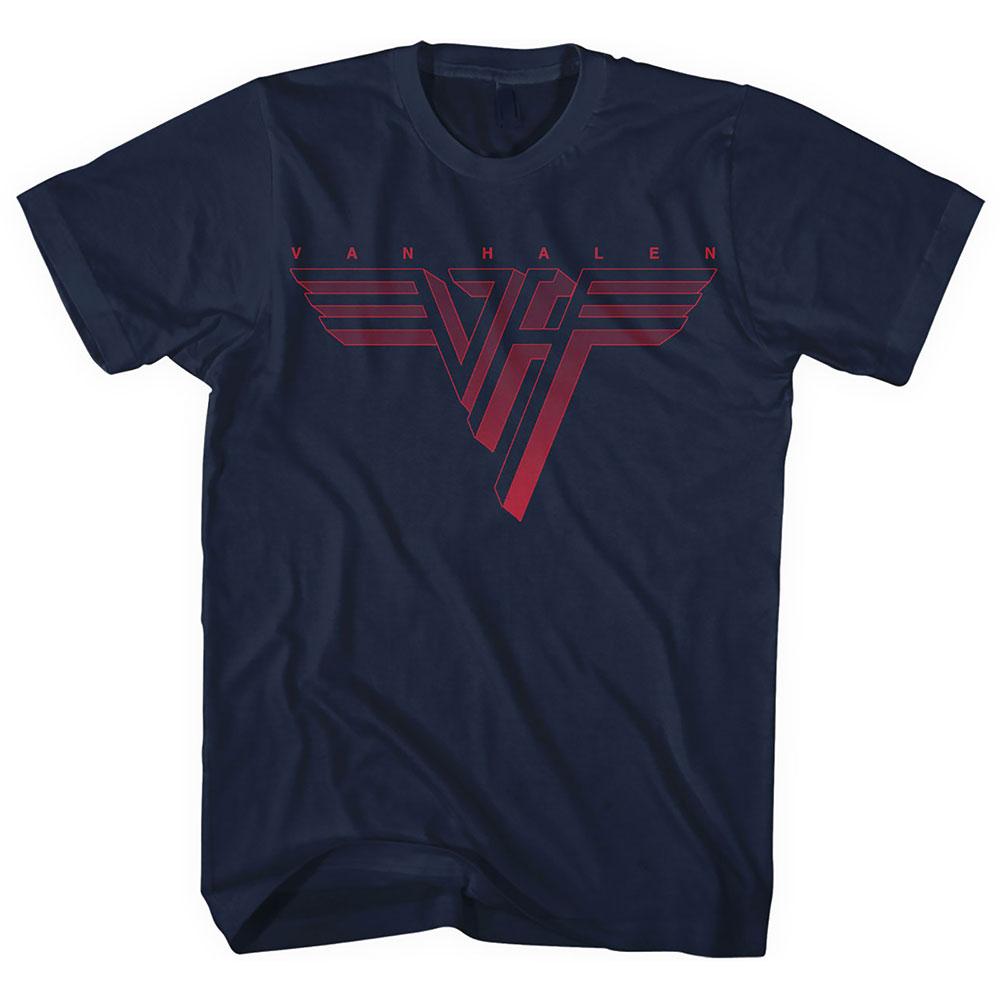
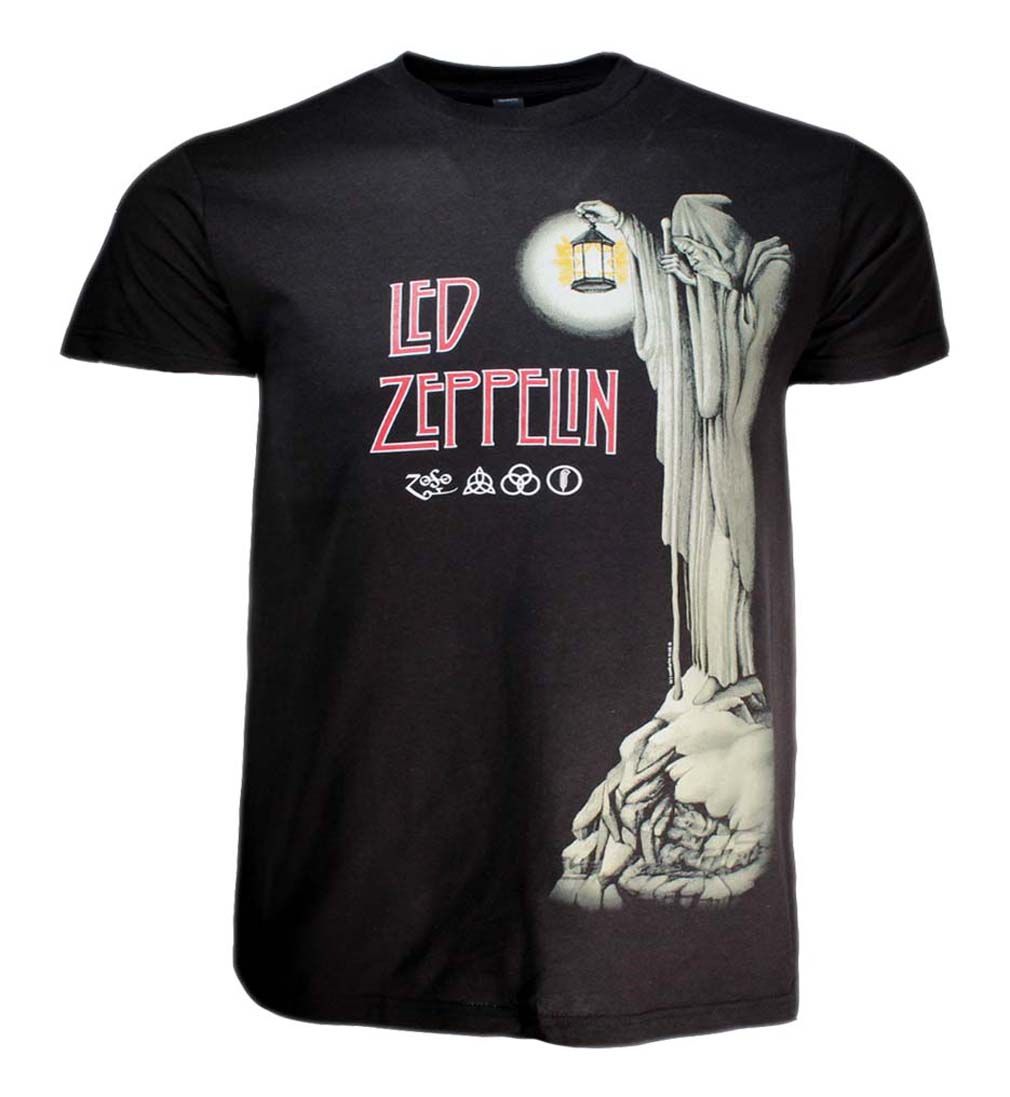
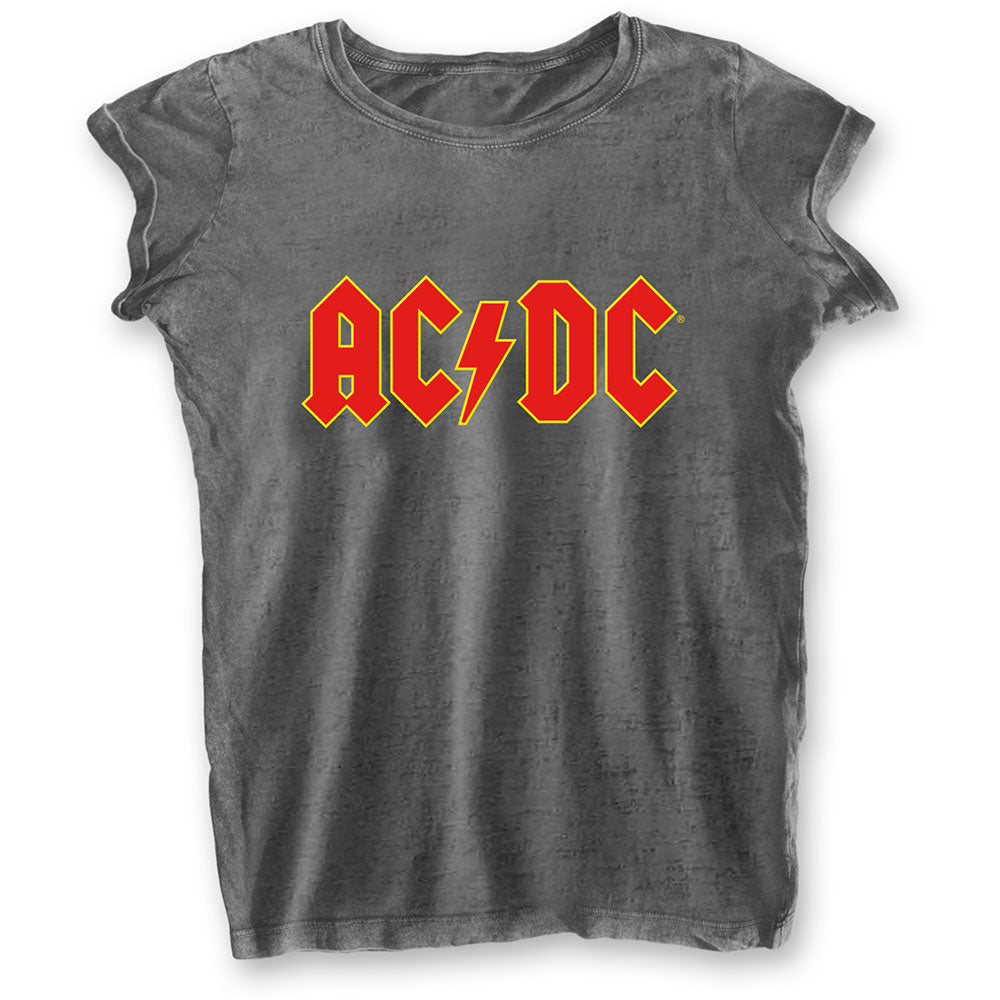
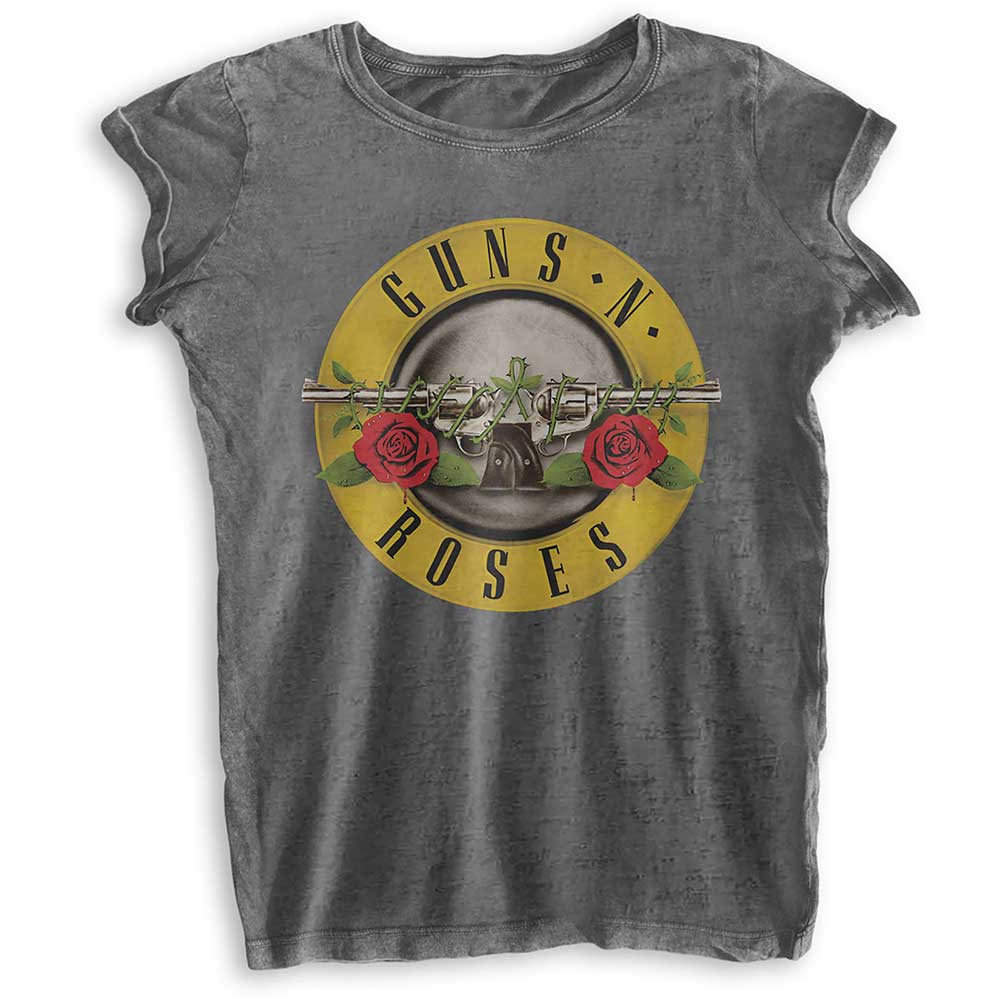
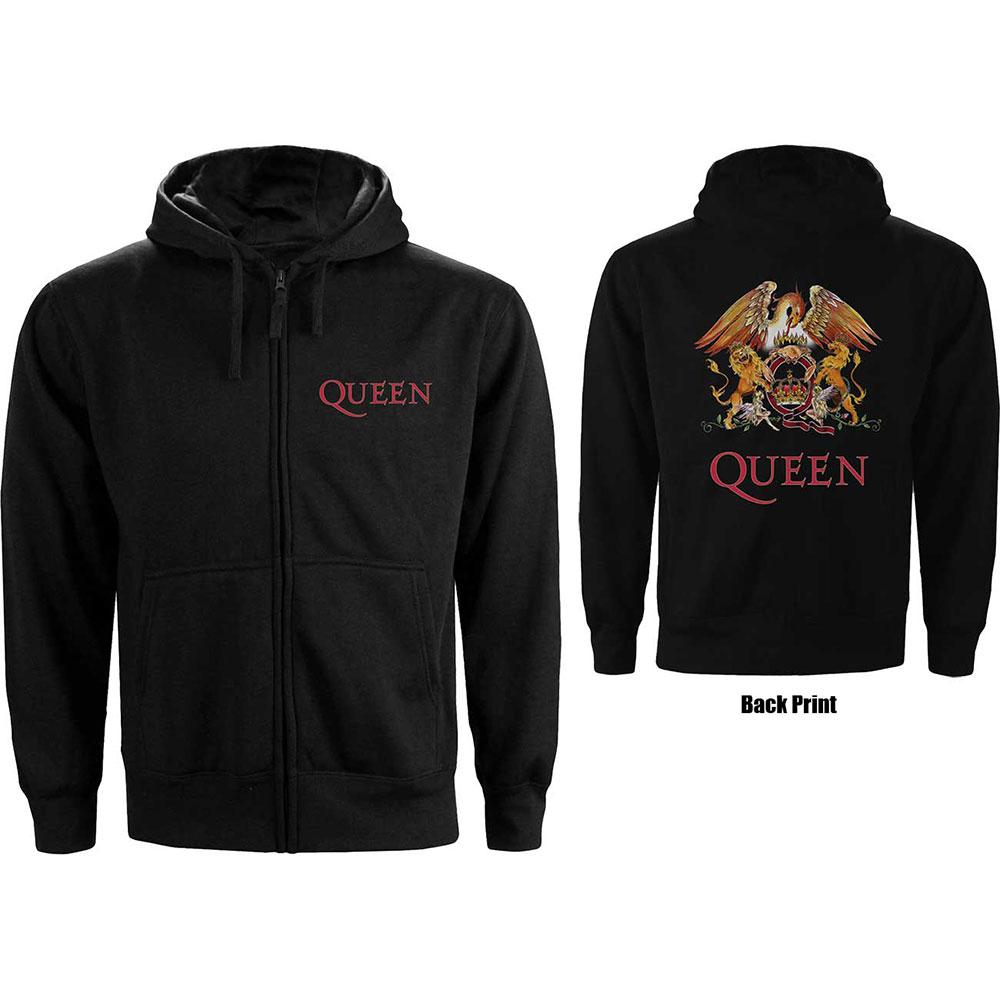
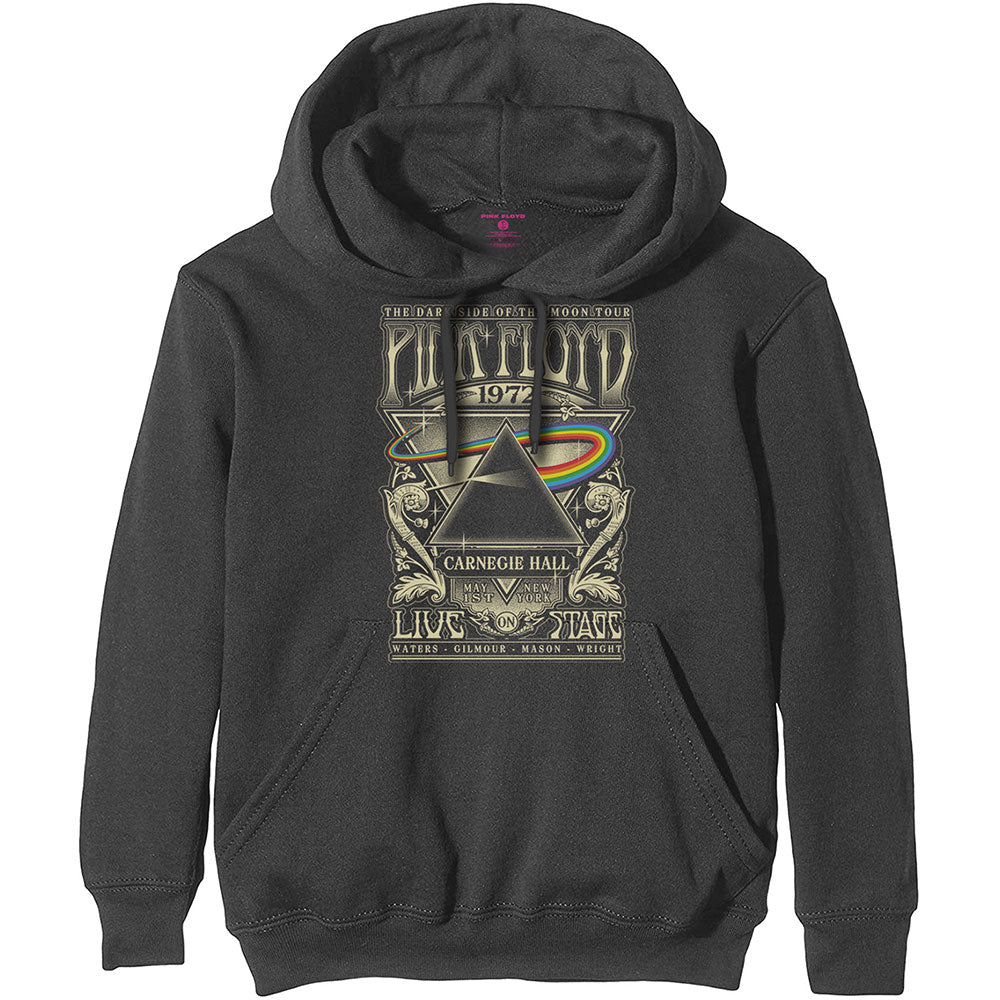

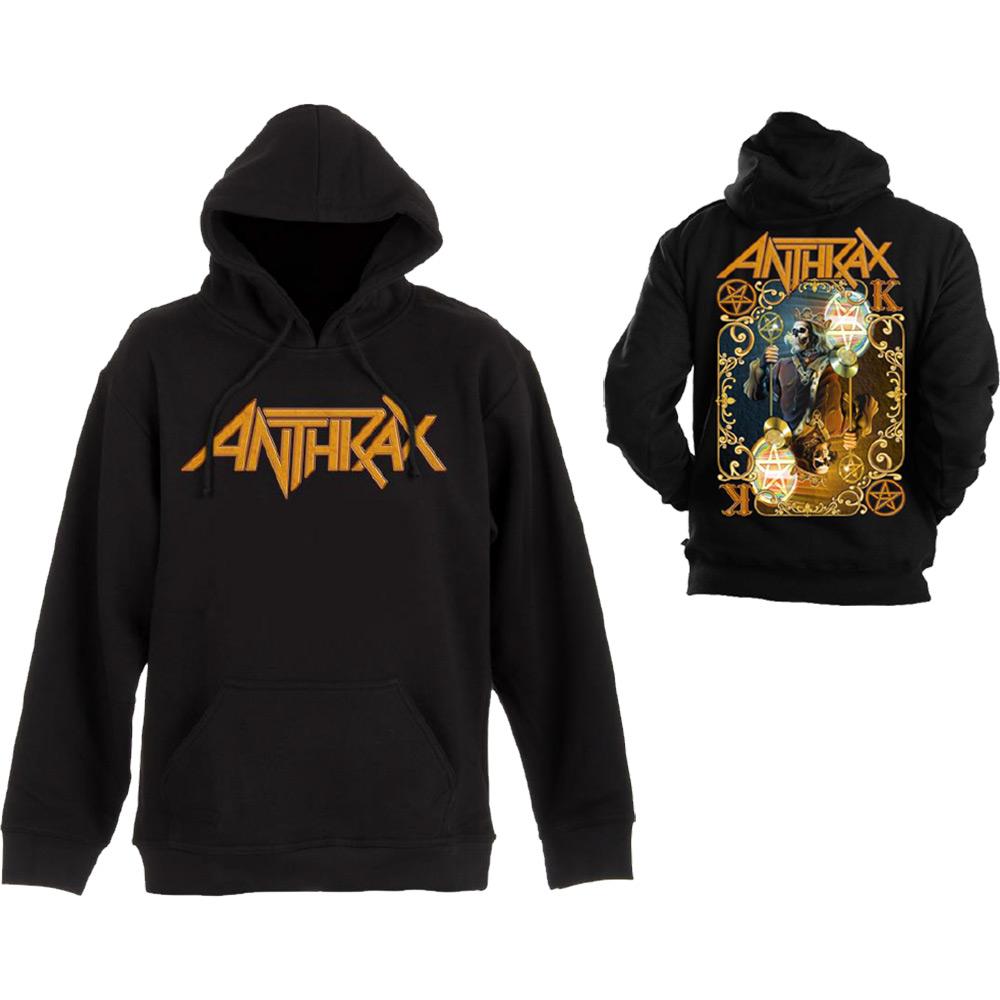

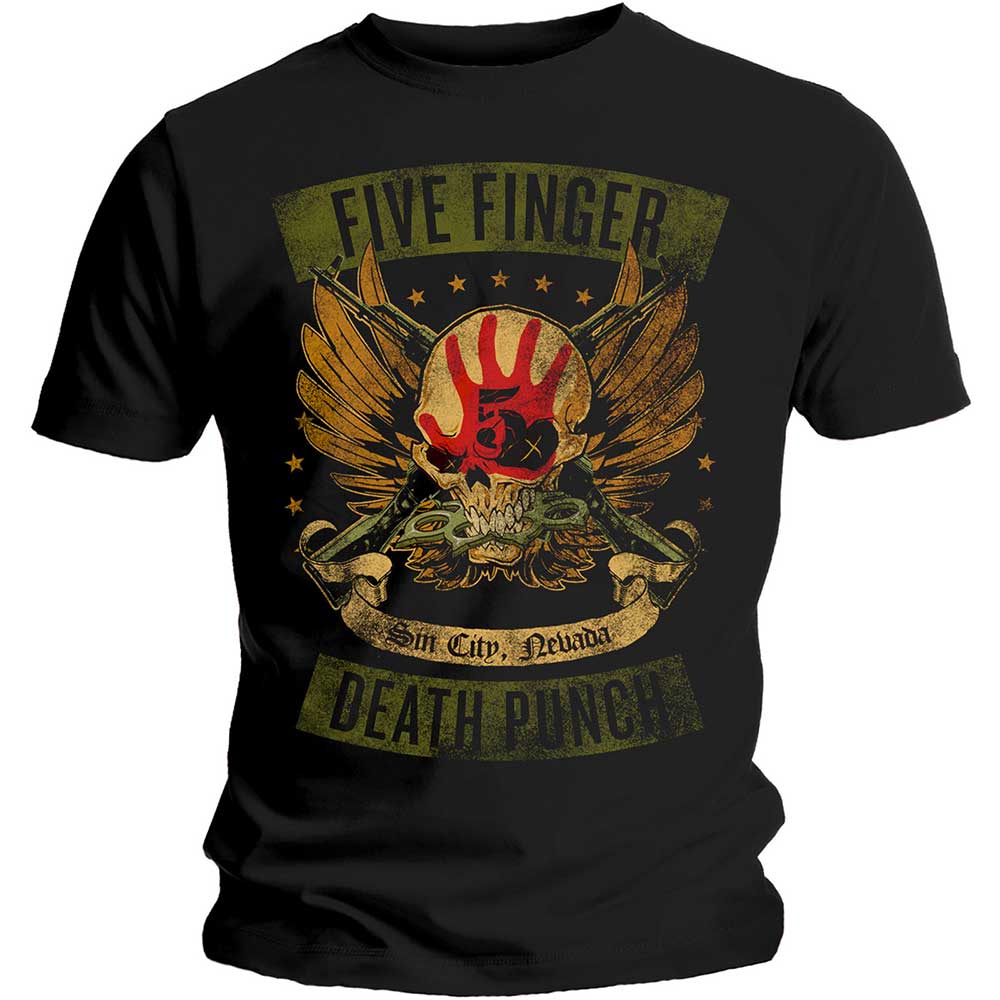
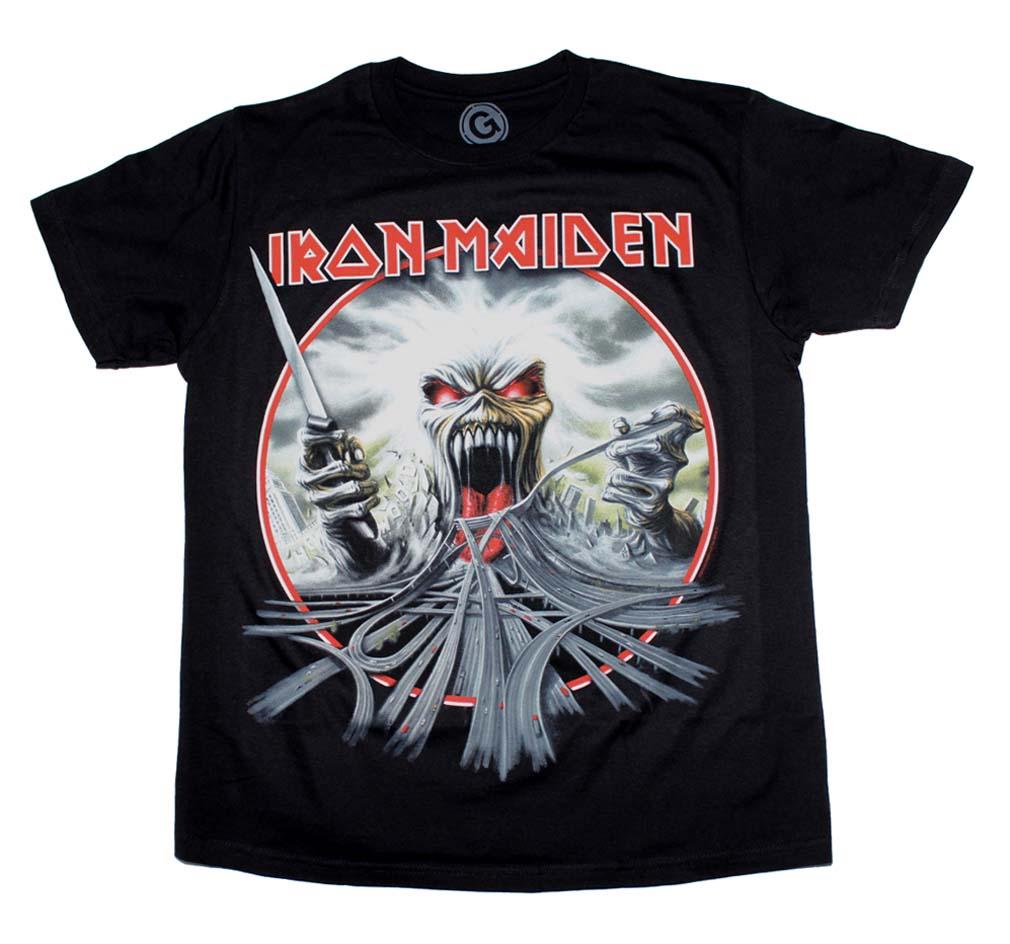
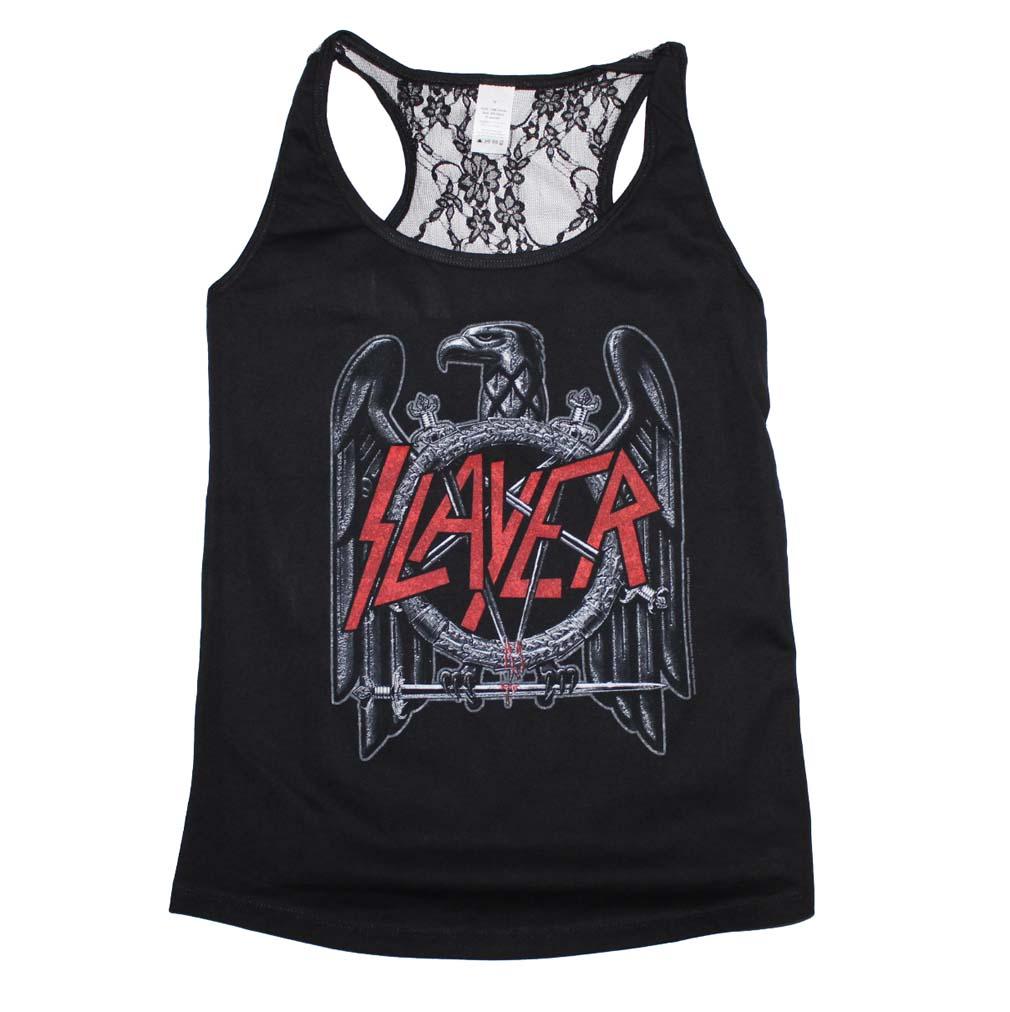

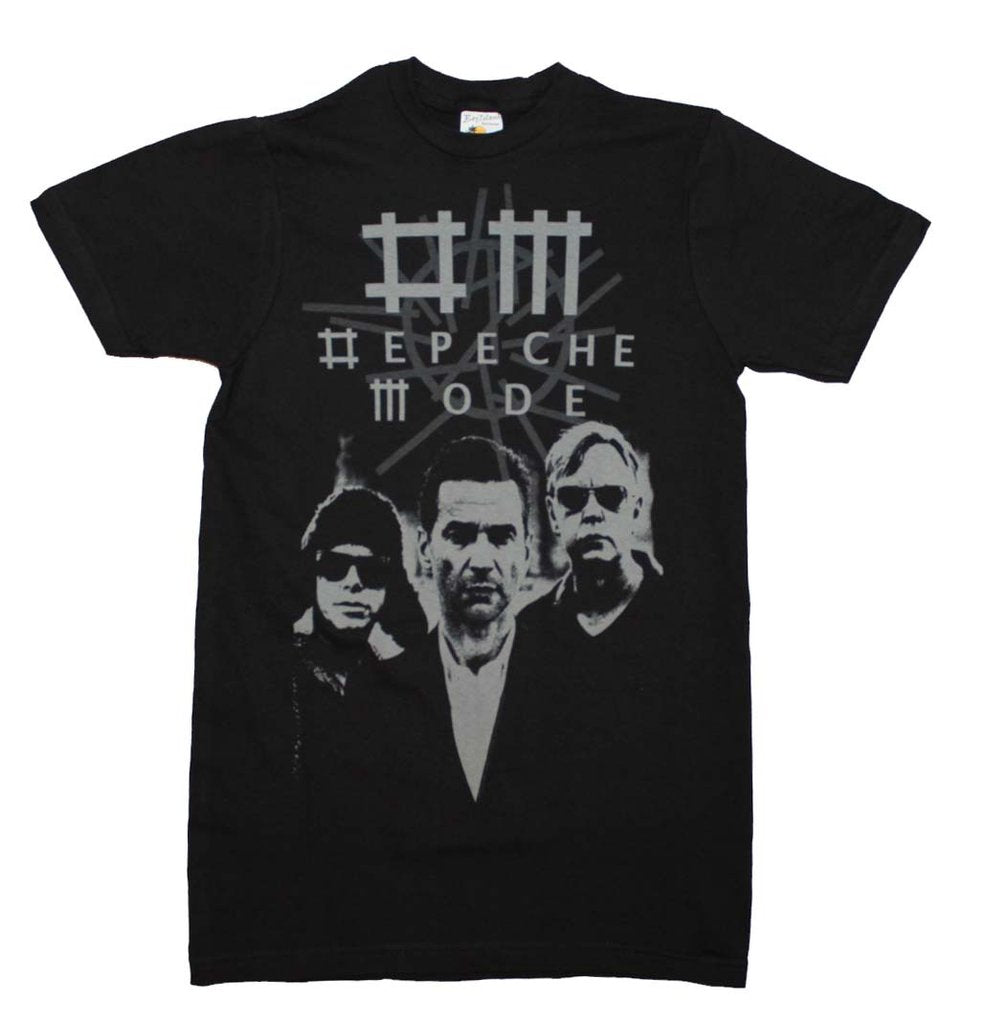
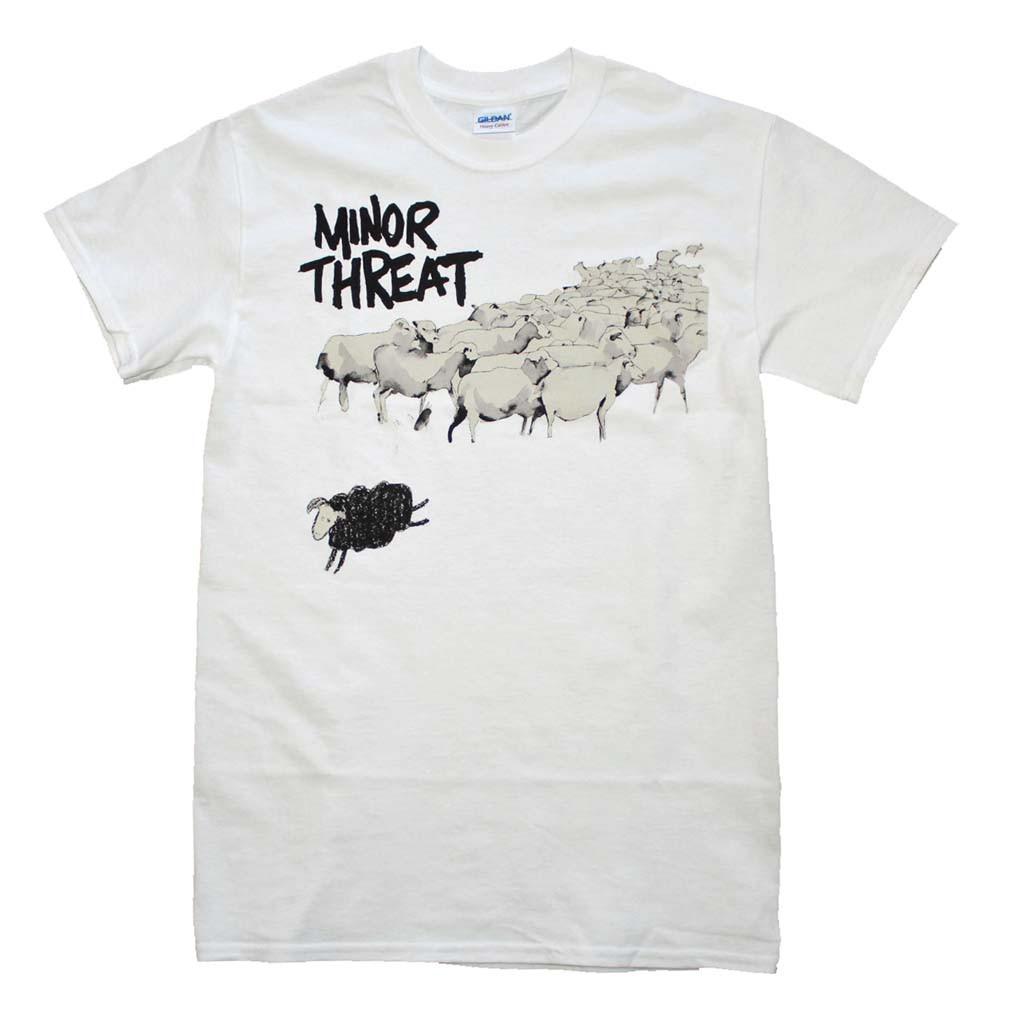
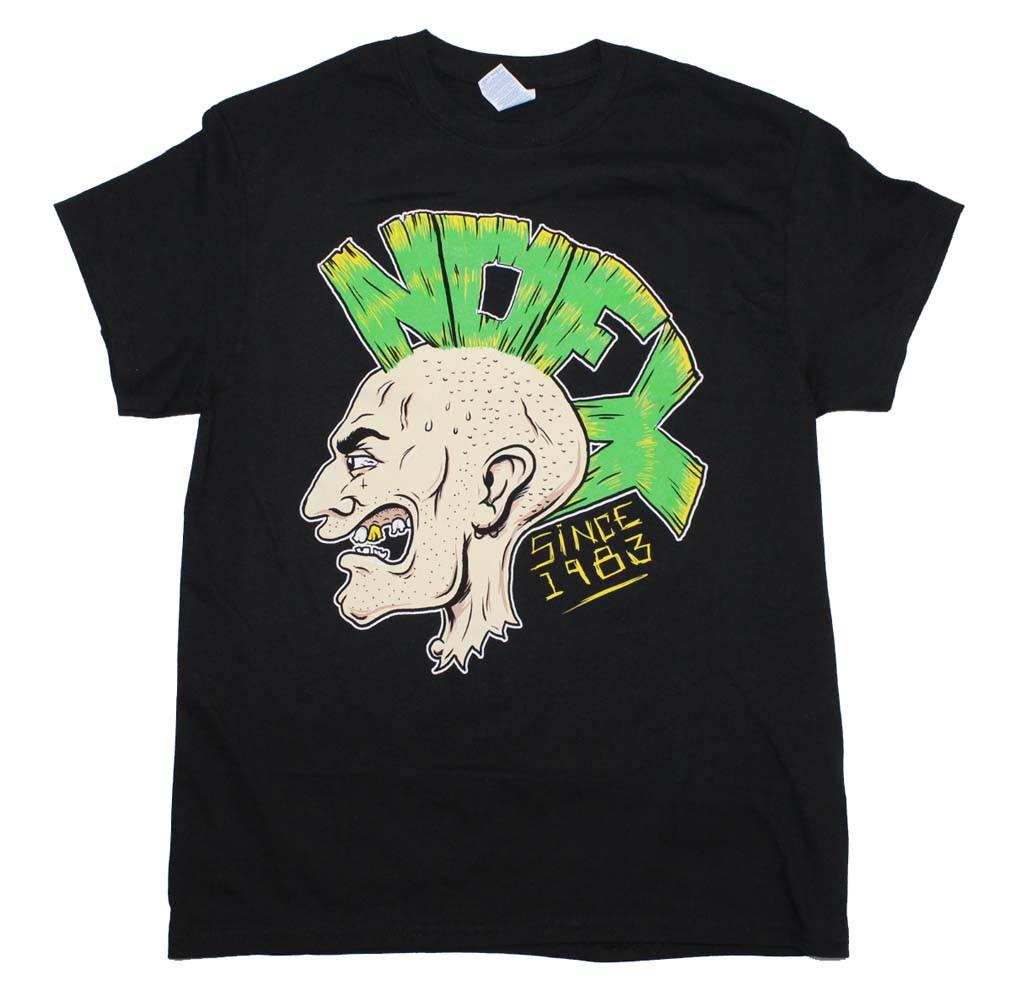
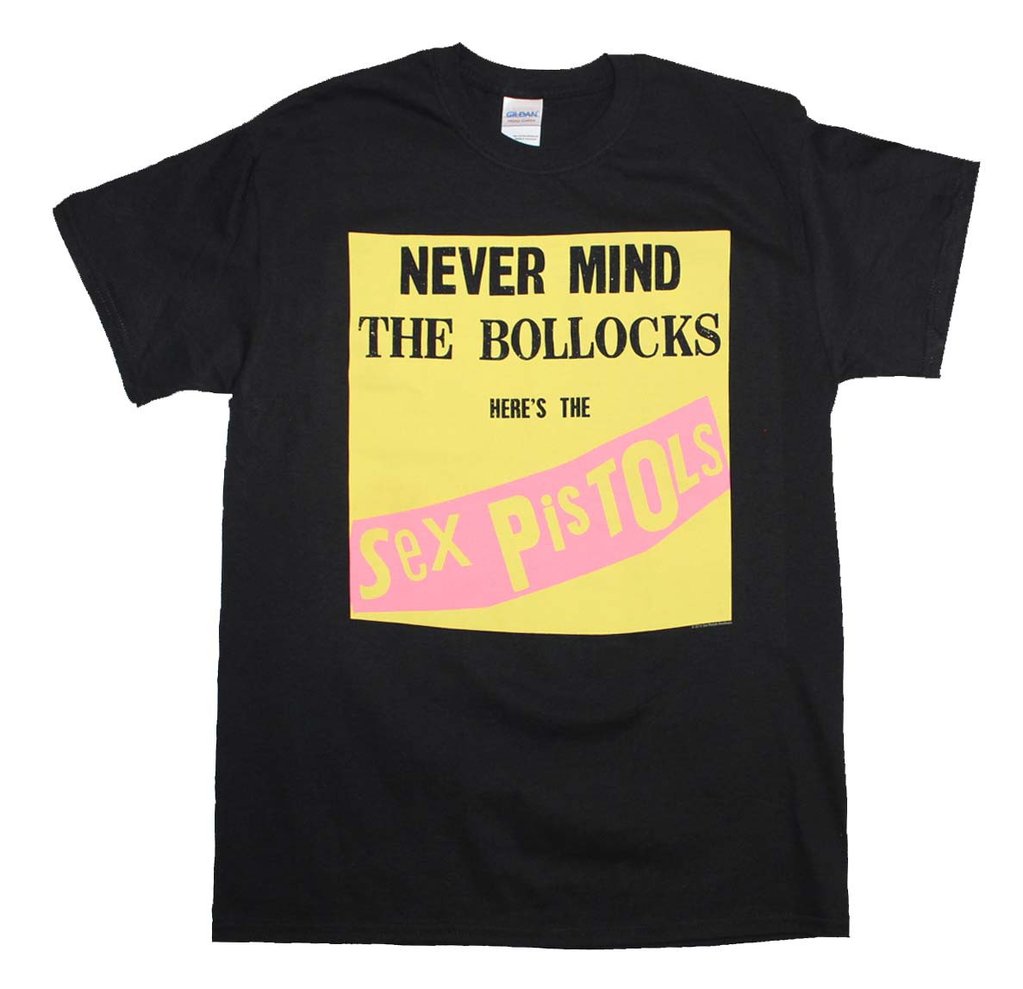
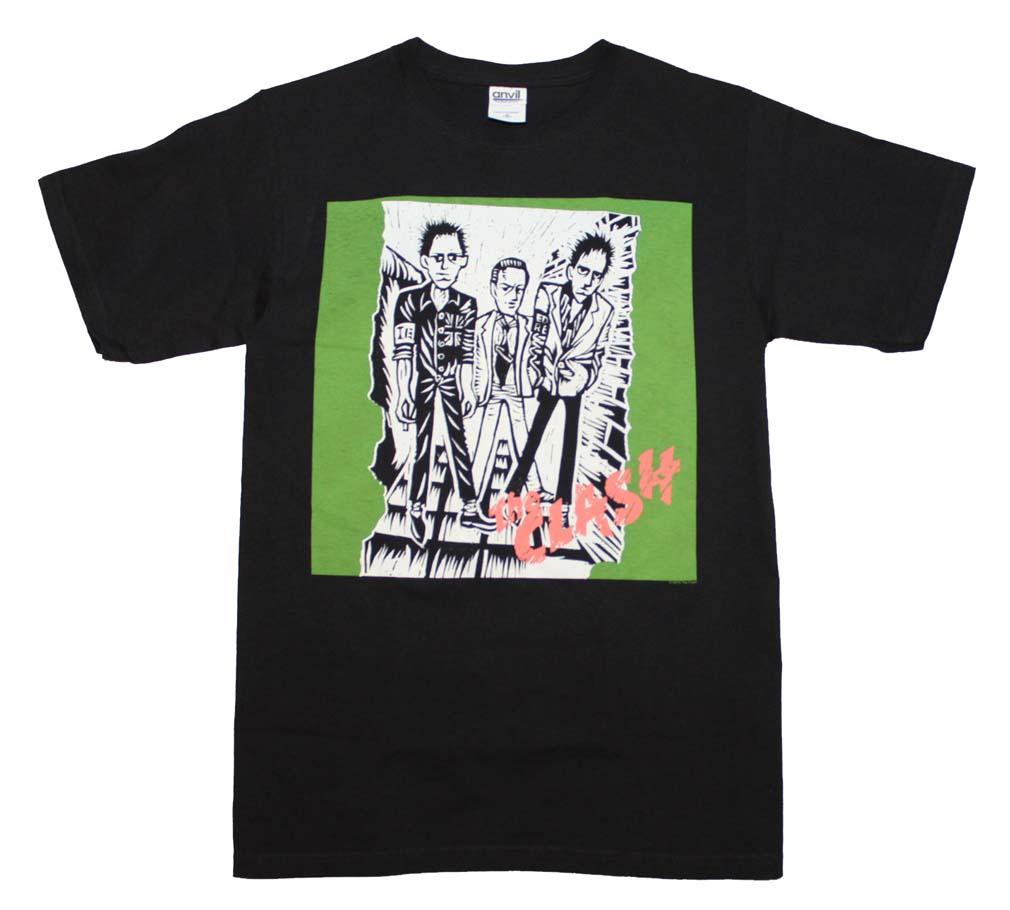
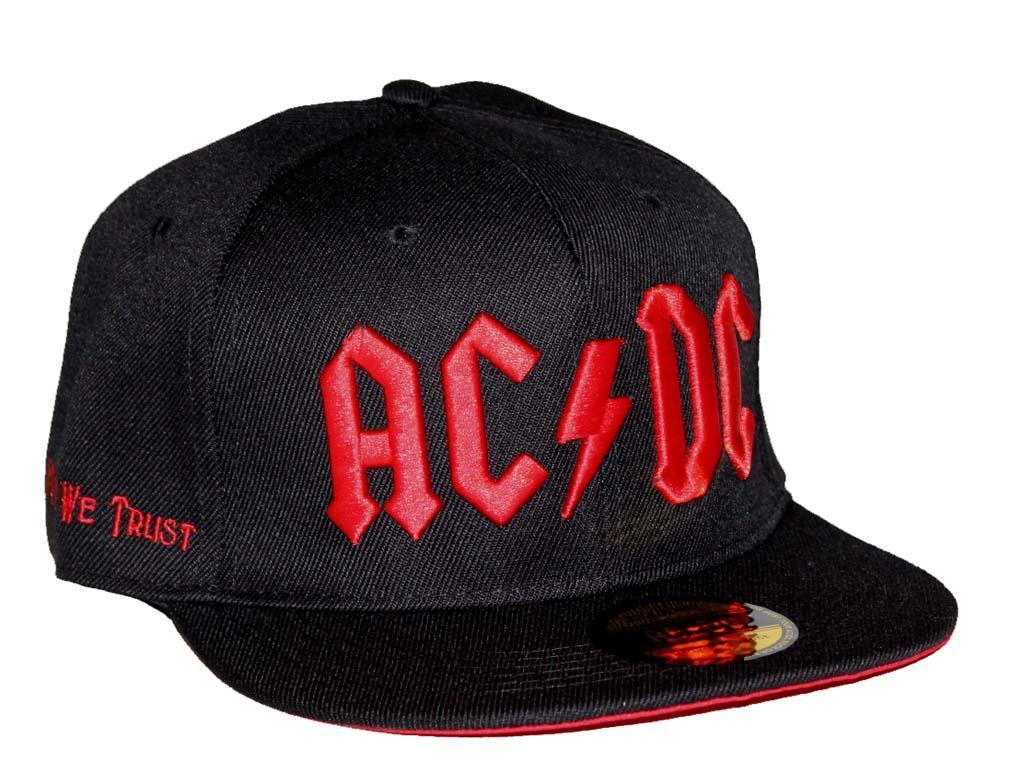
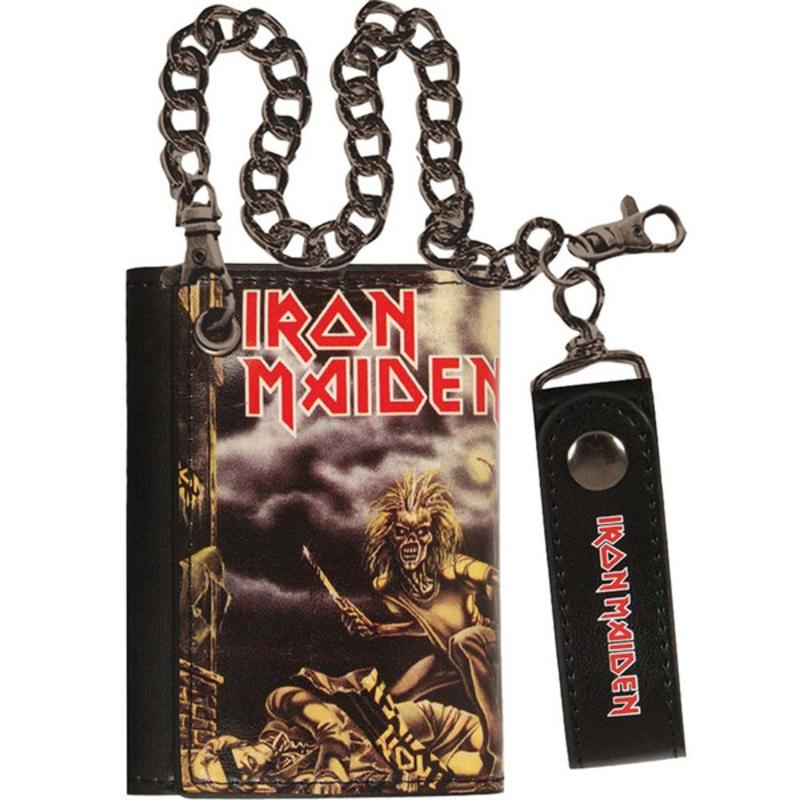
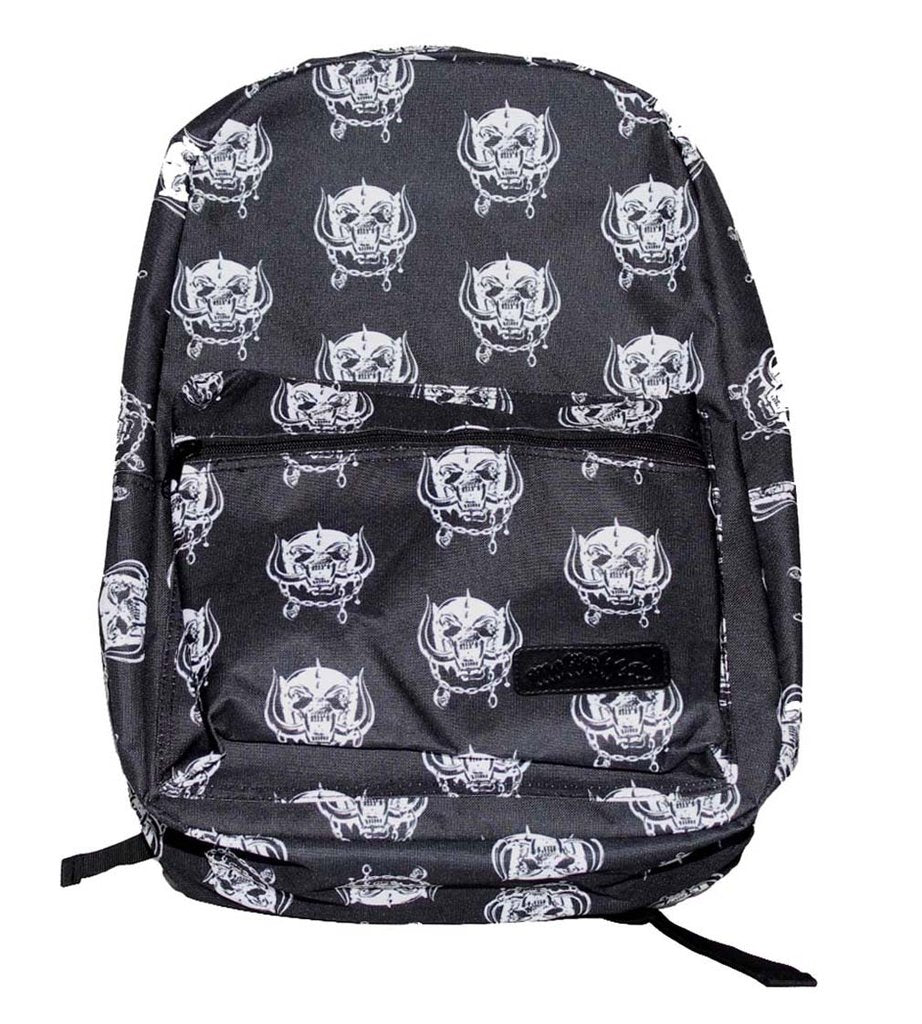
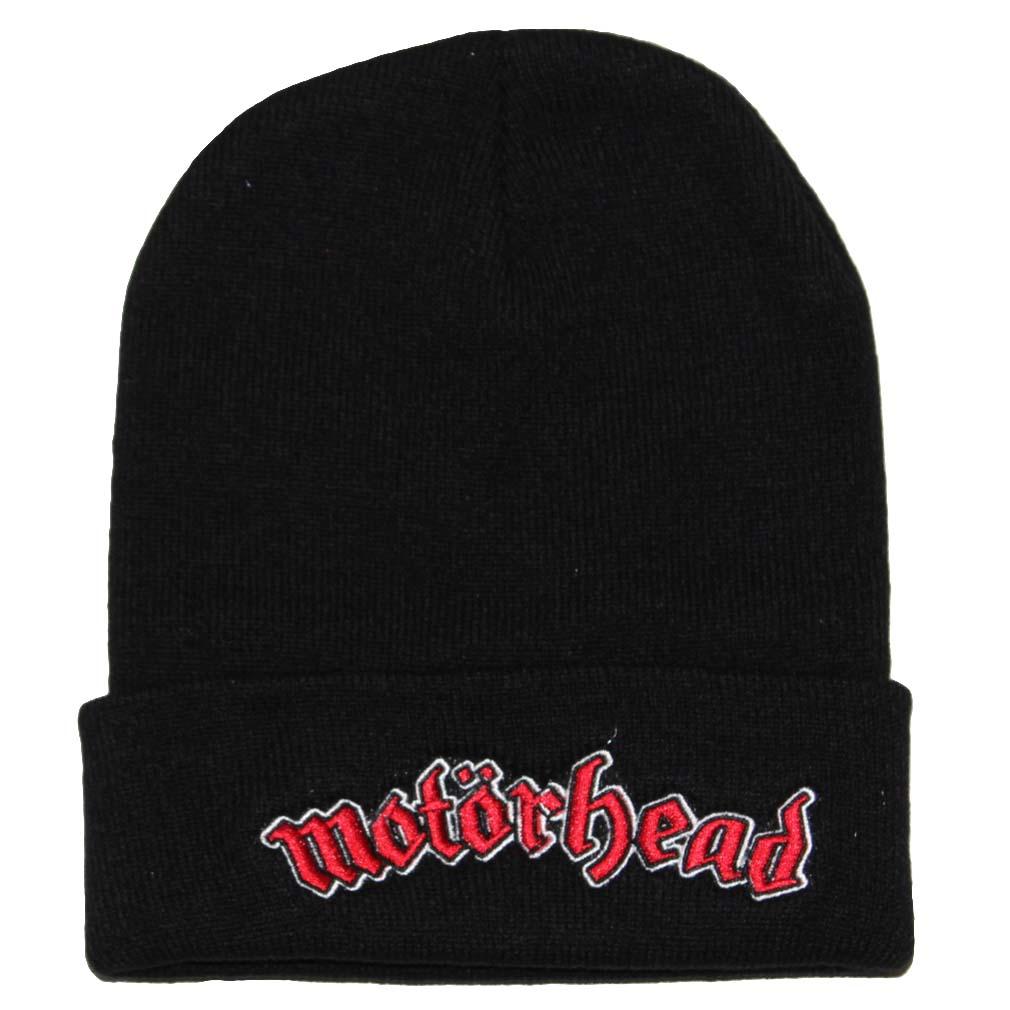
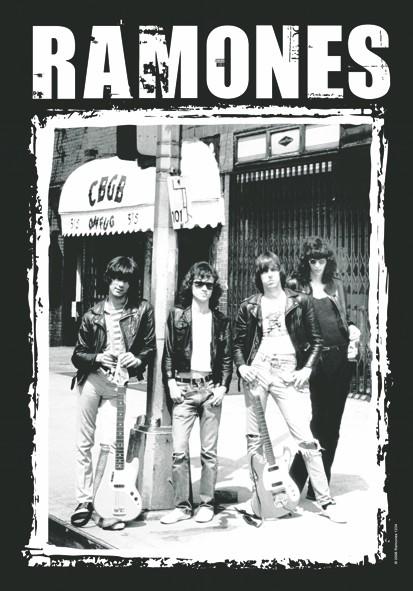
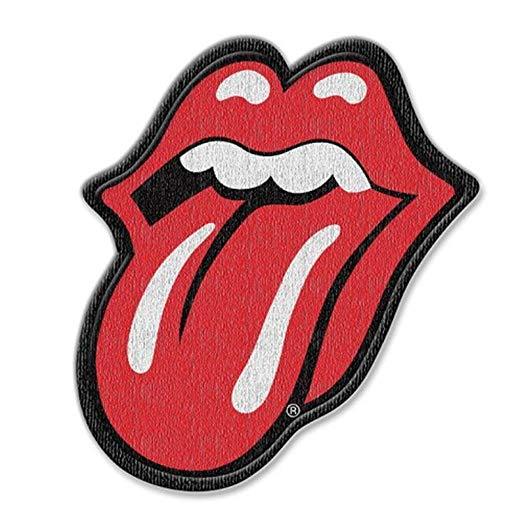

Comments
32 comments
Eamonn
I buy my Records to listen too and enjoy while i’m alive, my wife knows what i’ve spent on my collection, and will most likely give them to other friends (some much younger than me) to enjoy the same way i have for the last 40 years.
Stefan
You should be collecting records for the sheer joy of playing them that’s what they are made for. I am kind of lucky as my youngest daughter collects Records so she will want them.
People forget that when cds took over Vinyl at the time people off loading Records caused a boom in collecting them , though not sure this worked the same for cds going out of fashion.
I think records are safe for a few years yet . As they say any investment can go up or down .
Bernard Hushion
Myself came across a problem like this started collecting back in 1967 first album This old Heart of mine by the Isley Brothers ,also started Dj ing then and still doing it most weekends here in the UK, just before Christmas last year and after searching if I could just get some kind of a price for all my 7’ no one could give me a price I needed the room so sad as it may be I gave away some 24.000 pieces ,still got all my 12’’ for in the 80s I was in the night clubs,and also still got some albums.And they tell us Vinyl has made a great big come back.
Theo
Interesting point of view, well worth a thought. As with all collectibles, today’s bargain is tomorrow’s lost or profit ……
But my humble opinion is : A re-issue will never effect the value of an original recording , anyway this goes for vinyl.
People who buy a re-issue are not the collectors who will respect your originals, they better buy a CD ….. ( aldough there are also collectors who are interested )
Frans
Reissued albums are sometimes very bad made. I brought back several because of scratches on the surface or because the music was copied from an older album, Including the scratches and dust. Some guys, especially BackToBlack, are making fast money. But they don’t deliver quality.
My sixty years old album Revolver still sounds better than most reissues.
The value of my collection? For me that are the memories. “There are places (and people) I remember”. Here we say “the last shirt has no pockets”. After you’re gone, the money isn’t important.
Within 10-20 years most old collectors will visit the happy hunting grounds. The market will be flooded with all those beautiful unique first pressings and other stuff. And the will be worthless.
So enjoy your music collection and don’t worry about the money. You already spend it ??
Les Skinner
Vinyl is only worth what YOU are willing to pay for it.I have a fair collection most bought before i was 25,nearly 40 years ago. Everything from The FREE collection (with exception of the second album} i sold a signed copy of that last year for £250.00, to Billie Holiday, Frankie Miller,Bowie,Pink floyd,Beatles,Stones etc. If the money was right i guess I’d sell any and all BUT I would never sell them cheap! They all mean something to me but time has changed what that meaning is/ was i.e. what the Music did for me. Enjoy the memories of why you wanted that particular album so badly.
peter
as a vinyl collector I agree that the value of vinyl is a big unknown. my demand factor will fade in favourite of newer music and re issues will kill some of the high priced demand for originals.